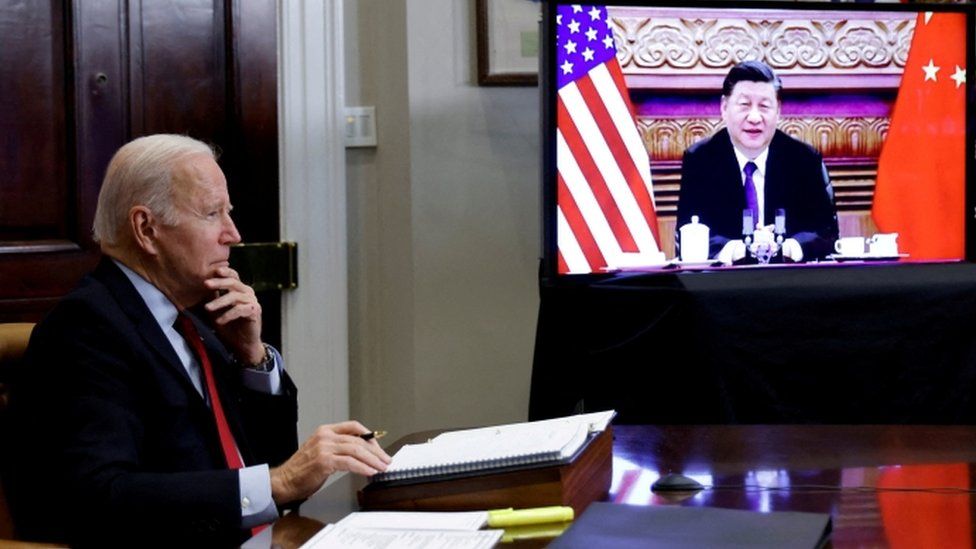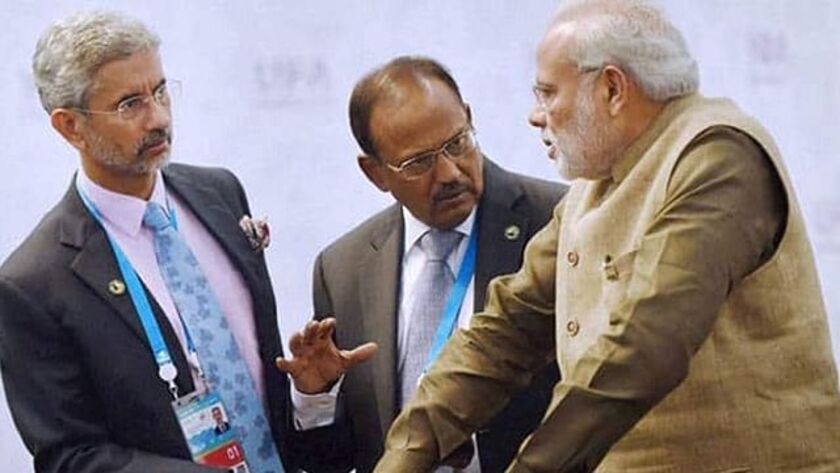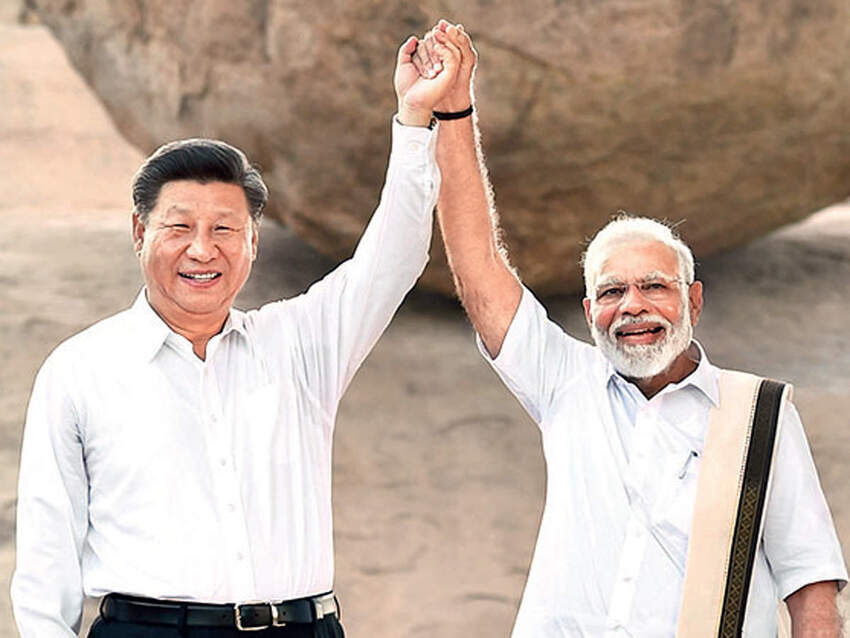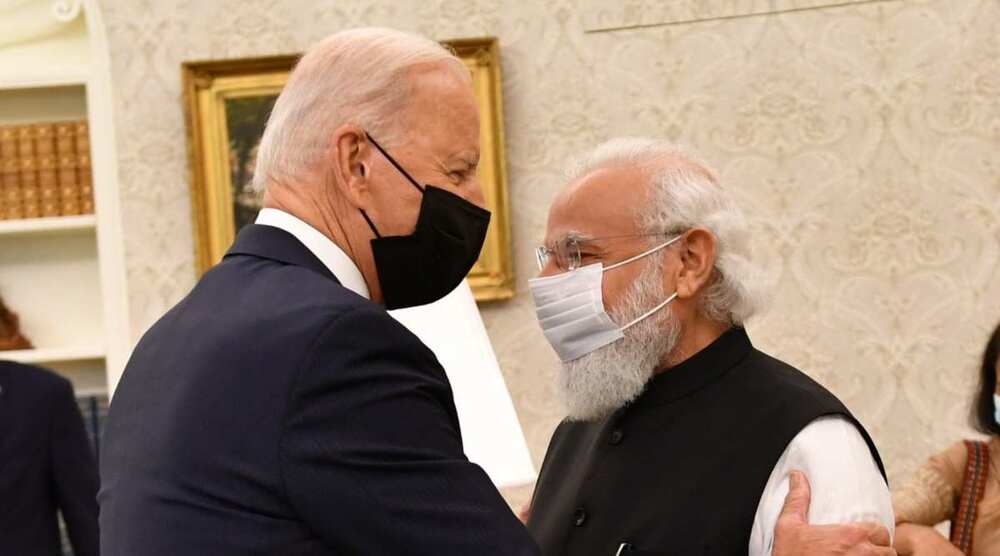The conceivable trip of Nancy Pelosi, Speaker of the United States House of Representatives, to Taiwan could be one of those points where it accomplishes count which flank is correct or incorrect. At the peak of the Cuban Missile problem, Soviet politician Nikita Khruschev noted to US President John F. Kennedy, informing him that if both flanks resume to ‘pull on the backs of the string’, the mess in the middle will only get tighter and the crisis more difficult to resolve. The unrelaxed telephonic discussion between US President Biden and Chinese President Xi Jinping tells it’s a juncture in which both flanks are tearing at the back of the string.
The Missile Crisis concluded the relatively low course of the United States-Soviet Cold War rival. A concern over Taiwan could signal the start of the following bipolar Cold Battle. But irrespective of how the Taiwan problem is fixed, the globe is already at the centre of another excellent ability match.
This competition will again be bipolar, yet it is challenging to determine bipolarity with precision. Comprehending this is necessary because the nature of contradiction does count in assessing the states within which the remainder of the earth has to live and interact. New Delhi needs to recognise the bipolar nature of the world because Indian decision-makers seem to think the world is multipolar. The imperatives in a multipolar globe are very distinct from that of bipolar earth, and misidentifying this order is potentially harmful.
Like pre-1991, the present time will also be characterised by the fierce contest between the two opposing forces, this time the United States and China, which will impact all others. This will guide us to a split world, much like during the previous Cold War, with most global problems affected by this section. Some nations will align with one flank, but we can also hope that those not now in the line of fire, who are remote from either of these forces, will take benefit of the match, as they did earlier. New Delhi should be acquainted with the writing because India learned it during the previous Cold War.
This one will also become an unrealistic match, as we already notice. This is innate: principles explain why States make the selections they do, particularly in such conflicts, as E.H. Carr noted decades back. Whether it is liberal democracy or federal power, these are deemed essential moral shares even if they are a poor companion to the basic manners of the countries.
The most significant contrast to the Cold War between the United States and the Soviet Union is that the force proportion is much more similar. Beijing is a much more prosperous opposition to the United States than the USSR, and it will only rapidly evolve militarily. This will influence the spirit of the contest, making Beijing a more challenging opposition to the United States.
This bipolar contest makes things challenging for New Delhi. Non-alignment or whatever phrase is used to display an important concept is an opportunity for some, but not so extensively for New Delhi. It is already a safety contender with one of the contrasting strengths, Beijing. Moreover, over the extended period, in complement to unaffected Chinese military force in both the Himalayas and in the oceans, India will also have to be concerned regarding a potential Chinese hegemony over Asia. New Delhi’s misguided promiscuous alien approach will help this ahead.

